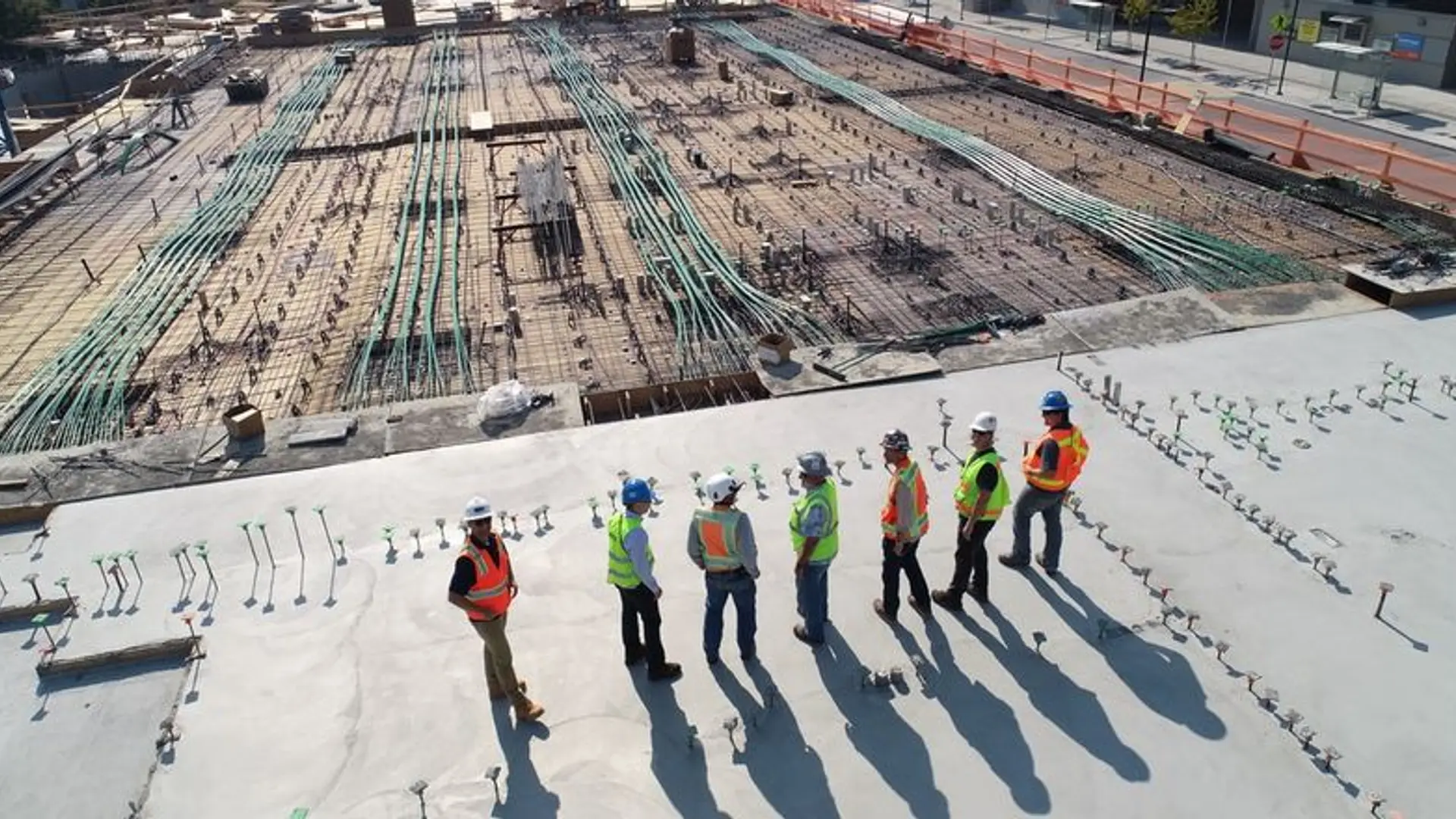How the government can support Indian precast construction startups
The precast construction startup ecosystem in India can thrive with the right government support, and contribute to faster, more efficient, and sustainable construction practices.
India's construction sector is witnessing rapid growth, driven by increasing urbanization and infrastructure development, which in turn is boosting the demand for innovative building technologies.
Precast construction, where building components are manufactured in a factory and then assembled on-site, offers significant benefits, including faster construction times, improved quality control, and reduced waste. However, for precast construction startups to thrive in India, government support through initiatives and policies is crucial.
One of the most direct ways the government can support precast construction startups is through financial incentives. Subsidies on the purchase of machinery, tax breaks, and grants can significantly reduce the initial capital burden on startups.
Additionally, low-interest loans and financial assistance programmes specifically tailored for the construction sector can help startups scale their operations more quickly.
Simplifying regulatory approvals is another essential measure. The construction industry in India is often bogged down by a myriad of regulatory approvals and permits. Streamlining these processes can help startups in precast construction get their projects off the ground faster.
Simplified approval processes for factory setups and standardized building codes for precast structures can reduce bureaucratic delays and make it easier for startups to comply with regulations.
Investment in research and development (R&D) is critical for the growth of precast construction technologies. The government can support this by funding R&D projects, establishing dedicated research centers, and encouraging collaborations between academia and industry.

This can lead to the development of new materials, improved manufacturing processes, and innovative design techniques that can enhance the competitiveness of Indian precast construction startups on a global scale.
For precast construction to be viable, robust infrastructure is essential. The government can play a pivotal role by investing in the development of industrial parks with state-of-the-art manufacturing facilities, improved transportation networks, and efficient logistics systems.
This can help startups reduce production and transportation costs, ensuring timely delivery of precast components to construction sites. Moreover, the success of precast construction largely depends on a skilled workforce proficient in modern construction techniques.
The government can support this by setting up training centers and vocational courses focused on precast construction. Initiatives under the Skill India Mission can be expanded to include specialized training for workers, engineers, and managers in the precast sector, helping bridge the skill gap and ensuring that startups have access to a competent workforce.
Public-Private Partnerships (PPPs) can provide a significant boost to precast construction startups. By collaborating with private companies, the government can undertake large-scale infrastructure projects that incorporate precast technology.
These partnerships can serve as a platform for startups to demonstrate their capabilities, gain experience, and build a portfolio of successful projects. Additionally, PPPs can facilitate knowledge transfer and technological advancements in the sector.

Encouraging green building practices is another area where the government can make a difference. Precast construction is inherently more sustainable compared to traditional building methods, as it reduces waste and improves resource efficiency.
The government can promote precast construction as part of its green building initiatives. Policies that incentivize sustainable construction practices, such as the use of recycled materials and energy-efficient designs, can encourage startups to adopt and innovate in precast technology.
Creating awareness about the benefits of precast construction is essential for market growth. The government can lead by example by adopting precast methods in public infrastructure projects, setting a precedent for private developers.
Additionally, organizing trade fairs, exhibitions, and seminars can help educate stakeholders about the advantages of precast construction and create market demand for these technologies.
Finally, fostering an innovation-friendly ecosystem can significantly benefit precast construction startups. Establishing incubators and accelerators specifically focused on construction technology can provide startups with the resources, mentorship, and networking opportunities they need to grow. The government can also facilitate connections between startups and larger construction firms, fostering collaborations that can drive innovation and market penetration.
In conclusion, government initiatives and policies play a vital role in nurturing the growth of precast construction startups in India.
By providing financial support, simplifying regulations, promoting R&D, developing infrastructure, enhancing skill development, encouraging public-private partnerships, supporting green building practices, creating market awareness, and fostering innovation ecosystems, the government can create a conducive environment for these startups to thrive. This, in turn, can contribute to faster, more efficient, and sustainable construction practices in India, supporting the country's broader economic and infrastructure development goals.
(Sagar Muthappa is the CEO of IndiHome123.)
Edited by Jyoti Narayan
(Disclaimer: The views and opinions expressed in this article are those of the author and do not necessarily reflect the views of YourStory.)







